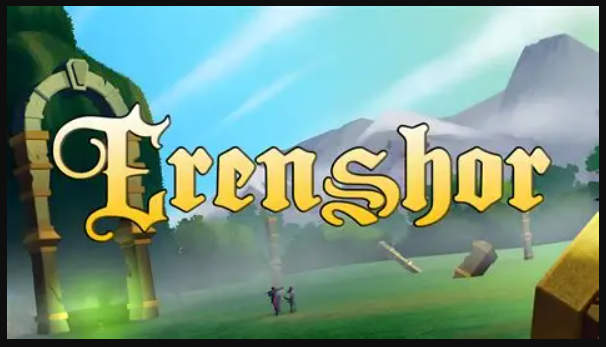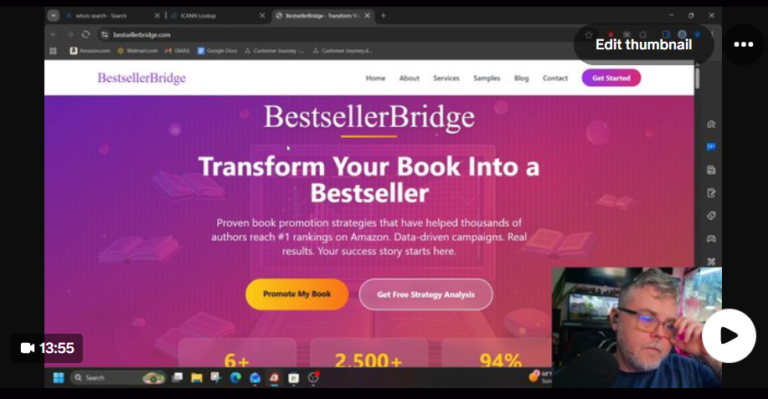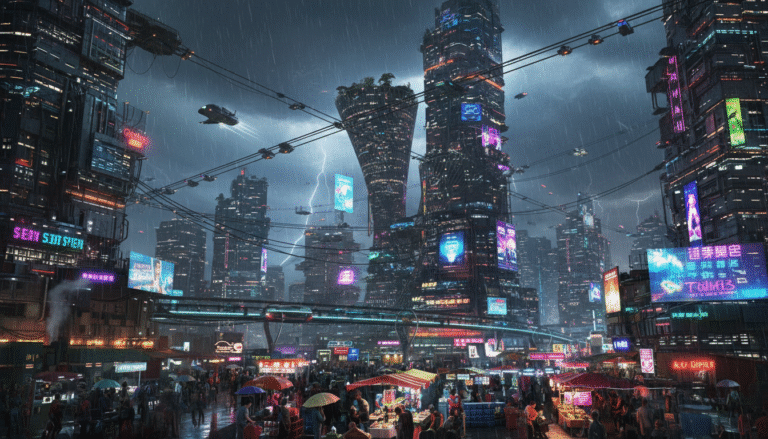Fear sells.
That’s why our news feeds are constantly flooded with anti-AI stories, despite the fact that a larger number of people overall are either neutral or supportive of AI technology.
And yes, I’m one of the people who refuses to succumb to anti-AI madness. Perhaps it’s because I’m open minded. Or because I’m a science fiction writer. Or maybe it’s because I’m one of the people who lost income because of AI, adapted, and found a way to thrive rather than getting angry and lashing out at the tech.
I’m also a big fan of history, and I know how this is going to play out.
Why is AI Disruption Inevitable?
I can’t get behind a movement that doesn’t evaluate its cause with any kind of logic or reason. People have to ask questions, not just grab a picket sign, before I can support them.
One question everyone should be asking is “why is disruption so inevitable?”
It’s an important question, because it forces you to understand that technological evil, corporate conspiracies, or disregard for human life are not the driving forces behind change. Change is natural, and therefore it’s driven and supported by naturally beneficial outcomes.
In other words, if a technology was entirely bad — as some people seem to think of AI — it would die on vine because there simply wouldn’t be a use for it. Like it or not, the pervasiveness of AI is testament to its usefulness.
And things that are useful don’t just fade into the night.
History tells us time and again that “resistance is futile” not simply because change is inevitable, but because adoption consistently leads to better outcomes for those willing to adapt.
Why Are People So Hard on AI?
Perhaps this is a case of the change hitting so close to home. I find this a bit irritating, even hypocritical.
How many people who are anti-AI have used a rideshare app that annihilated the taxi industry?
How many people who are anti-AI have used their phone as a camera, a tech shift that destroyed the compact camera industry and put many photographers out of business?
Again, the list of technological disruptions that have destroyed millions of jobs is so huge I could drag it on for a month. Far from beating a dead horse, I keep bringing it up because it’s relevant.
It pains me to see people up and arms, fighting a new technology simply because they don’t like it or they refuse to understand it. Screw the cab drivers and travel agents! They’re obsolete! But…I don’t want to be obsolete, so this tech is evil!
And don’t even get me started on the proven ways in which social media is tearing down and crippling our society…yet few people are bandwagoning against social media because they’re addicted to using it.
Social media has turned society into an angry hive of echo chambers — a world where I’m putting my writing career in danger for having my own opinion on something divisive (yet kind of mundane) like AI. The internet could be used to learn about things like AI, but instead social media makes it into a place where people go to hear themselves talk.
If the argument is that tech is evil, harming people, or imperiling our future, at least have the decency to attack the technology that’s been harming us and the planet for years rather than the one you just choose not to like.
The Anti-AI Are Only Hurting Themselves
I read the articles and watch the videos. Long screeds about how AI is terrible. Multiple testimonies from people who lost their jobs because of AI.
But I’m still seeing a lot more examples of people harming themselves because of AI versus AI actually doing the damage.
For example, I read a dozen cases recently where people complained about “losing their jobs” because they were asked to use AI in their workflows and refused.
Sorry, but that’s not losing your job because of AI. That’s quitting because you refuse to do what your workplace asks of you. And that’s perfectly fine and within your rights, but it’s dishonest to blame that outcome on AI.
The refusal to understand and adapt to progress is never an excuse. I once had to suffer through an agency’s decision to switch from PC workstations to iMacs. I was vehemently against this. But if I had quit because of it, I don’t think it would be fair to blame my unemployment on Apple.
The simple truth is that disruption isn’t easy. You can’t coast through it. And fighting new technology is — let’s be honest — lazy, because commenting “AI sucks” on someone’s post is a lot easier than learning something new or figuring out how to thrive in a changing environment.
Especially since the “fight against AI” is an illusion. Maybe the media wants to paint it like a movement or a cause, but it’s neither. It’s just the slow culling of people who want to complain their way into obscurity.
The real fight, the front lines, is in the realm of ethics. AI is here. AI is staying. We should be fighting to make sure it’s used as ethically and rationally as possible instead of wasting time pretending like it’s not there.
Most importantly, as individuals we should not be willingly harming ourselves to spite AI. Quitting? Turning down jobs? Cutting ties or burning bridges? None of that hurts progress — it only hurts the people who choose to do these things.
Believe It or Not, AI Needs You
All of this comes around to a positive message: AI needs you more than you need AI. Especially if you’re in a creative field.
I learned this when AI started taking away my writing jobs years ago. Rather than moan about it, I sought out larger clients with a better understanding of the technology and found out that most people aren’t stupid enough to think you can just throw a switch on ChatGPT and fire all of your employees.
They realize that AI alone can’t do things very well. They know that if they want good AI writing, they need people who are actually writers to train their models and edit the work. The same is true of everything from compliance officers to graphic designers.
The real, intelligent adopters of AI at an organizational level know that humans are still absolutely necessary. But they’re not going to work with someone who shrieks and hides at the mention of AI. They want to know that they’re working with people who are forward thinking, willing to adapt, and capable of leveraging technology to provide more value.
It’s no different than if I were to apply for a copywriting job and say “I don’t like email so I’m going to print my drafts and mail them to you”. That would be absurd. And we’re at a point where saying “I refuse to touch anything to do with AI” is just as absurd because the reasonable people of the world don’t see it as toxic or poisonous.
It’s just a tool. And to freak out about it shows a lack of fluidity and maturity.
AI can be used poorly. It can be used unethically. I can be used to harm people. But everything can.
So I beg of you. Stop worrying about how AI is making game developers quit their jobs, because that is so insignificant in the bigger picture. Worry about how AI is being trained to run governments, profile criminals, and conduct cyberattacks. These are the real problems.



